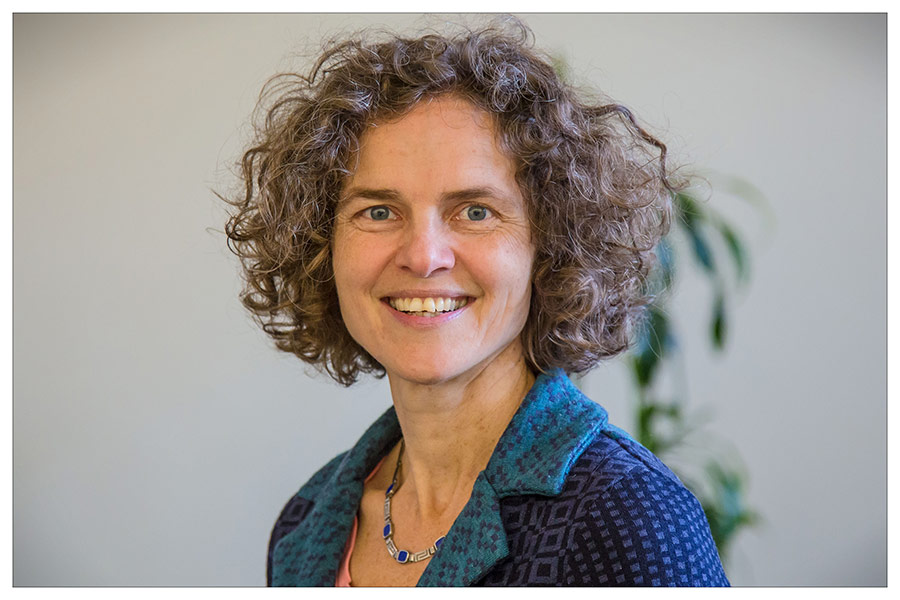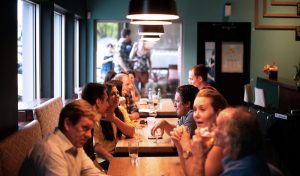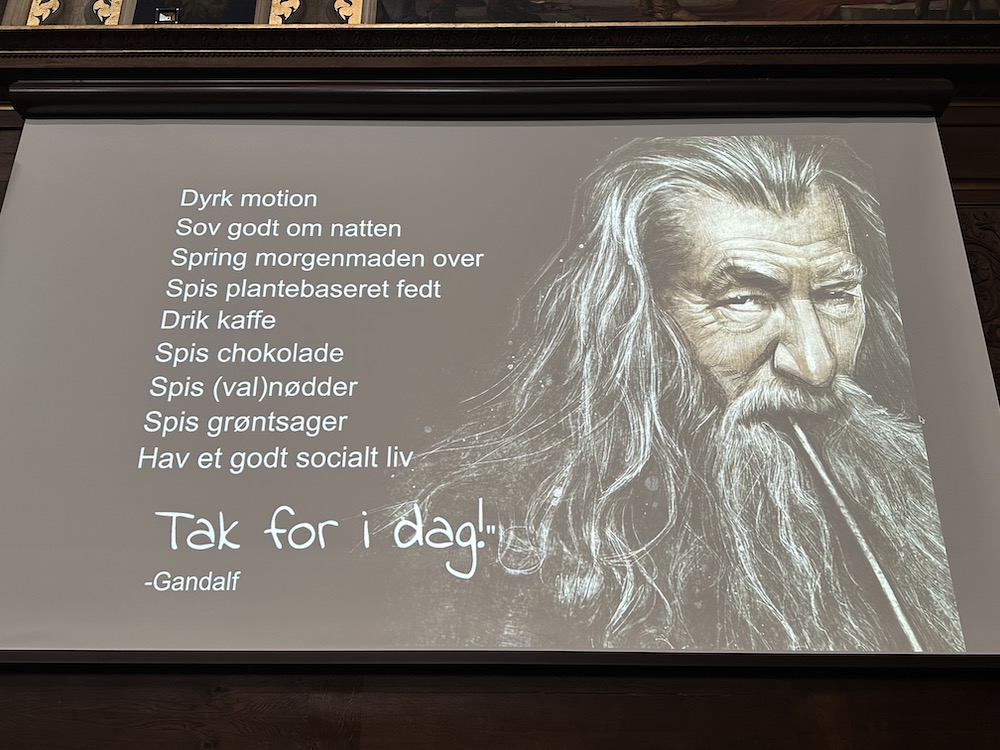
The Ethical Dilemmas in Ageing Science are Accumulating
Interview with Mette Nordahl Svendsen, professor in anthropology and member of the steering group of the Challenge project, researching all the ethical issues involved in health data science.
When you are old, sick and cannot speak or move, you need a lot of healthcare. Heavy healthcare. Both from health care workers and if possible from your family. In dementia nursing homes, this is to some extent low tech care of food and drink and constant observance. In these situations, you cannot make a decision to end your life and it is difficult for others to make the decision, and it may not even be allowed. Contrary to dogs and other pets, whom we often put to sleep, as soon as they suffer without prospects of relief, we keep on caring for humans.
“Through my research, I’ve met the dilemmas of extending human lives. There are no easy positions,” says Mette Nordahl Svendsen, professor of anthropology and member of the steering group of the Challenge project. “When you extend the health span, very easily you also extend the life span. And that might involve very poor life quality. That is one of the great ethical challenges related to aging.”
In her research, Mette Nordahl Svendsen explores what human life becomes in the light of new advances in modern biomedicine. She is professor at the Department of Public Health at the University of Copenhagen. Here she combines anthropology and science and technology studies to investigate how tailoring prevention and treatment to individuals shape the relationship between citizen and society and pose ethical challenges (MeInWe.ku.dk).
With 10 researchers (2 graduate students and 8 post docs), Mette Nordahl Svendsen’s MeInWe project investigates how personalised medicine is introduced on the ground in the fields of oncology, cardiology, diabetes, clinical genetics and ageing in Danish health care. Personalised medicine is an expanding field of strategies to tailor diagnosis, treatment and prevention to the individual. Personalised medicine is talked about as a move away of ‘one size fits all.’ In the Challenge project, her team will follow human tissue samples in Vera Timmermans department from the patient to the tissue bank and on to Statistics Denmark, including all stages of the project and possible collaborations with private companies. On this journey, the team will investigate how the involved actors — researchers, clinicians, patients, industry representatives — experience organizational and ethical challenges. What are their hopes and concerns? What are the ambiguities, tensions and challenges they experience?
What is your hypothesis?
“That personalised medicine involves not only the patient, but the collectivity of the welfare state. The realisation of the personalised medicine for the individual “me” relies on and shapes the “we” of the welfare state (investing in the field), the “we” of life science industry (to enter public-private companies), the “we” of data archives (such as Statistics Denmark), and the “we” of public trust,” Mette Nordahl Svendsen says.
But why then Challenge?
“Challenge exemplifies this interrelationship between the “me” and the “we”. Collected data from thousands of citizens—from past lives—are mobilised to predict ageing and extend the health span for future citizens.”
Apart from the ethical challenges related to possibly poor life quality at the end of life by extending lives, Mette Nordahl Svendsen sees other ethical dilemmas:

“Another big question is how we can secure trust in welfare state institutions. Personalised medicine is being realised in public-private partnerships and involves sharing health data about individuals. To which corporations should data from Danish registries—generated as part of publicly funded health care—travel? Which research agendas and commercial interests should they work for? Do we, for instance, want our data to work for foreign companies which do not pay taxes in Europe, but may be able to provide crucial health information and health solutions?”
“Another dilemma is that research in the field of personalised medicine may not only generate knowledge about health risks for groups of people, but also for individuals. What is our obligation to turn that info back to individuals?”
What other ethical issues do you see?
“I keep a critical eye on the way the funding landscape shapes science. I’m not thinking in terms of funding bodies interfering in research projects, but in terms of their indirect shaping of research. For instance, the Novo Nordisk Fond invests in research on proteins and metabolism and it has also provided a large sum of money for the National Genome Center. By investing in some areas and not in others, they build up expertise and create recruitment possibilities in specific areas of research and not in others. On a global scale, what interests and which patients will be included in and excluded from their investments?”
The Challenge project is about helping people get a better and healthier senior life. That is good, right?
“Yes, but what is a good and healthy senior life? Is one bad knee okay? Is cognitive impairment okay? The hope of the Challenge project is to give us healthier senior lives and predict our ageing. But how will the algorithms be built? What data and what ideas about the good life go into them? I’m also curious about how these algorithms will be used in health care. What kind of role will they come to play in the clinic? What kind of authority will they represent? Will they become decision supportive tool? What tensions between on the one hand data, and on the other, clinical experience and human intuition, will appear?”
What is a good life to you?
“My studies of Danish biopolitics show that in Denmark we value the meaningful life of having an open future, being placed in social relationships, and being mobile.”
Would you like to know that you—based on your specific data—had a 82% risk of getting cancer, when you turn 72?
“No, I would not like to know that. If I cannot change it, if it is not actionable, I would rather live without that information.”
Do you want to know how old you get (Mette Nordahl Svendsen is in her late 40s)
“No thank you. Not knowing gives hope to every new day and makes you invest in every new day. This is the value of the open future. The sense of an ending is important for creating meaning in life, but is it of value to know that your ending comes in exactly 25 years? I don’t think so, but let’s see if my engagement with ageing research and my collaboration with AI scientists come to change my opinion. I am open to a change of mind.”

